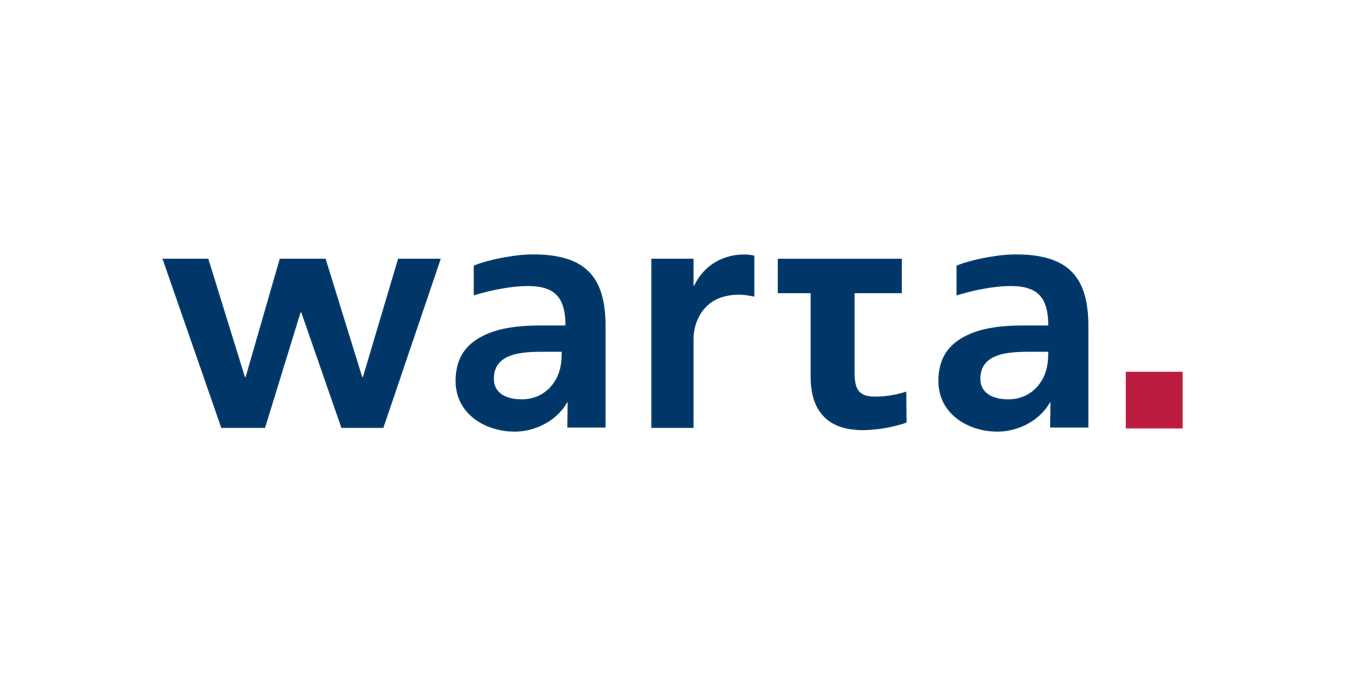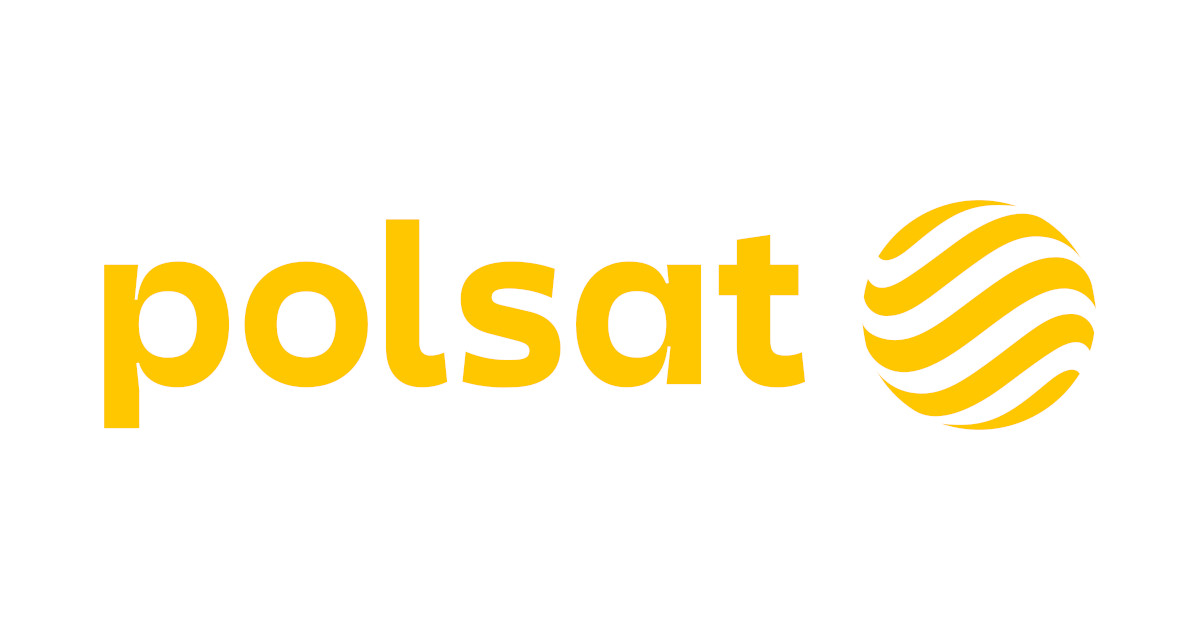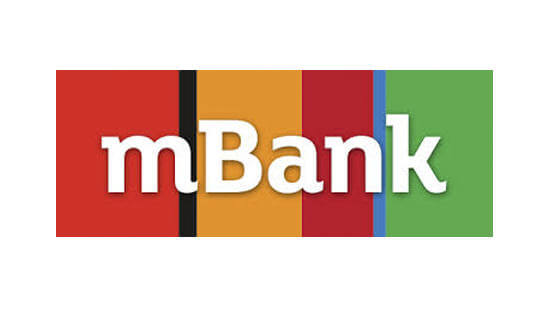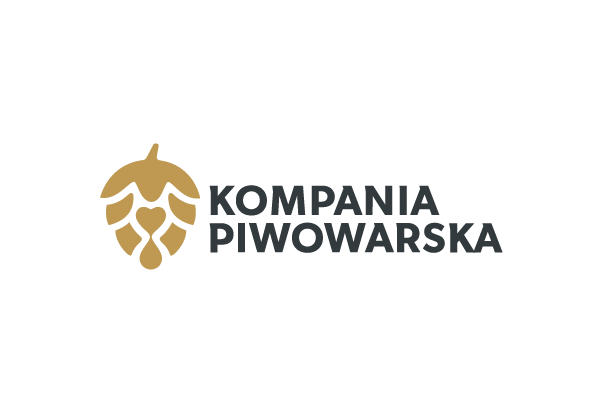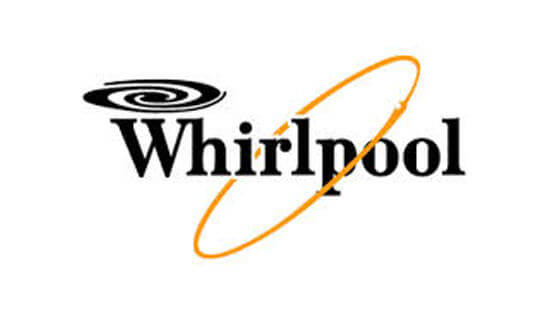Online training
Shared Services Leadership Academy
Kategoria: Online SSC/GBS, Online Umiejętności biznesowe
• Module 1 – Become a More Impactful Leader, on-line – September 8th, 2025 10 am – 4 pm
• Module 2 – MAINTAIN A HIGH-PERFORMING TEAM, on-line – September 22nd, 2025 10 am – 4 pm
• Module 3 – Build A Continuously Improving Culture, on-line – October 6th, 2025 10 am – 4 pm
• Module 4 – Enhance Your Management Toolkit, on-line – October 20th, 2025 10 am – 4 pm
• Module 5 – NAVIGATE WORKING ACROSS CULTURES, on-line – November 3rd, 2025 10 am – 4 pm
• Module 6 – SUPPORT TEAMS THROUGH CHANGE, on-line – November 17th, 2025 10 am – 4 pm
• Module 7 – STRONGER THROUGH STRESS: FOSTER MENTAL RESILIENCE, on-line – Devember 1st, 2025 10 am – 4 pm
• Module 8 – The Emotionally Intelligent Leader, on-line – December 15th, 2025 10 am – 4 pm
Introduction
In today’s rapidly evolving shared services landscape, leaders face mounting pressure to deliver results across geographically spread and hybrid teams while navigating cultural differences, continuous change, and rising performance expectations. The Shared Services Leadership Academy, led by accredited executive coach and experienced international facilitator Natalia Mank, addresses these realities head-on. It equips current and aspiring leaders with the critical capabilities to lead with impact, resilience, and emotional intelligence. Across eight expertly crafted modules, the Academy empowers participants to flex their leadership style for greater engagement, foster trust and accountability in high-performing teams, master feedback conversations, and build adaptive, inclusive cultures. Each session blends practical models, peer collaboration, and real-play scenarios, ensuring immediate relevance to workplace challenges.
Participants will walk away with enhanced self-awareness, stronger communication skills, and practical strategies to drive performance and wellbeing – not only for themselves but across their teams and wider organisations. From managing across cultures to supporting teams through change and stress, the Academy helps leaders build teams and workplaces where continuous improvement becomes natural. Participants will join from different companies and industries, creating a unique space for shared learning and networking, making this an essential investment for competitive organisations seeking to future-proof leadership pipelines in the shared services sector.
Module 1
Become a More Impactful Leader
Key Objective
Learn to adapt your leadership style and dominant traits to positively impact team culture, engagement and performance.
Learning Outcomes
By the end of this module participants will have:
• Increased their self-awareness as a leader and deepen their understanding of how their behaviour might impact others (team & stakeholders)
• Gained an understanding of their preferred (default) leadership style
•Strengthen their ability to flex their leadership style accordingly to drive more team engagement and business results
• Gain clarity on their key strengths and development opportunities as a leader
• Created a foundation for developing their multiplier skills to enhance capabilities of others
• Learned tools and strategies to create and sustain more positive impact and performance
Methodology
• Interactive group discussion
• Pair and small team work
• Pre-workshop self- assessment (6 leadership styles)
• In-workshop assessment and feedback
• Role-play and real-play
• Practical lecture and learning of the following models:
• 6 Leadership Styles (D.Goleman)
• Multipliers & Diminishers (L. Wiseman)
• Whiteboards (online interactive group work)
Schedule
10.00- 16.00
10.00 – 10.15 Welcome & Overview
10.15 – 11.30 Six Leadership Styles:
– Self- assessment analysis and review
– Understanding your default style and its impact (pair work)
– Group Case Study: how to flex your style to create the most positive impact
11.30 – 11.45 Coffee Break
11.45 – 13.30 Multipliers & Diminishers
– understand the Multipliers & Diminishers model
– apply it to understand your own strengths and opportunities for development
13.30 -14.15 Lunch
14.15- 15.30 Case Study & Practice
15.30- 16.00 Review and Commitment to Action (CTA)
Module 2
Maintain a high-performing team
Main Objective
Increase joint team trust, transparency, accountability and commitment to ensure sustainable team performance and value creation.
Learning Outcomes
By the end of this training participants will have:
• Gained a clear understanding of where their team is at in terms of stages of development
• Gained practical tools and strategies to build trust across teams and stakeholder groups
• Learned how to address conflict early on and effectively
• Expanded on their toolkit to build join accountability and commitment for hybrid teams
Methodology
• Interactive group discussion
• Pair and small team work
• In-session 1-2-1 feedback
• In-workshop self assessment
• Role-play and real-play
• Practical lecture and learning of the following models:
• 5 Dysfunctions of a Team
• Storming, Forming, Norming and Performing (B. Tuckman model)
Schedule
10.00- 10.15 Welcome, Key Objectives & Overview
10.15 – 11.30 What makes a high performing team? Deep dive into team principles and stages
11.30 – 11.45 Coffee Break
11.45 – 13.30 Building Trust and Addressing Conflict on Teams
13.30 – 14.15 Lunch
14.15 – 15.45 Creating Commitment, Accountability and Driving Results on Teams
15.45 – 16.00 Review, Commitment to Action
Module 3
Build A Continuously Improving Culture
Main Objective
Enhance your ability to give and receive consistent, well- structured & appropriate feedback to create a continuously improving culture.
Learn about the Limiting Factors Concept, identify your own Limiting Factors to contribute to building a culture of continuous improvement.
Learning Outcomes
By the end of the workshop participants will have:
• Become familiar with two distinct feedback models (directive and consultative) and learn how to apply them accordingly in challenging conversations
• Practiced challenging feedback conversations to gain confidence
• Learn how to prepare and structure difficult feedback conversations
• Identify their own limiting factors and blindspots and develop strategies to address these to contribute to creating a culture of continuous improvement
Methodology
• Interactive group discussion
• Pair and small team work
• In-session 1-2-1 feedback
• In-workshop self assessment
• Role-play and real-play
• Practical lecture and learning of the following models:
• Limiting Factors (General …)
• Whiteboards (online interactive group work)
Schedule
10.00- 10.15 Welcome, Key Objectives & Overview
10.15 – 11.30 Creating and Sustaining a Continually Improving Culture: STAR and CAME Models for increasing ownership
11.30 – 11.45 Coffee Break
11.45 – 13.30 Directive & Consultative Feedback Models and Practice
13.30 – 14.15 Lunch
14.15 – 15.45 Understanding Your Limiting Factors, Tools and Strategies
15.45 – 16.00 Review, Commitment to Action
Module 4
Enhance Your Management Toolkit
Main Objective
Improve time management, prioritisation and delegation skills to become a more effective manager
Learning Objectives
By the end of this module participants will have:
• Gained a clear understanding of how their time is spent
• Aligned their activities with their key remit and responsibilities, applying the Eisehower matrix
• Improved their ability to delegate more effectively, improving team’s effectiveness
• Gained time back to focus exclusively on their remit
Methodology
• Interactive group discussion
• Pair and small team work
• In-session 1-2-1 feedback
• In-workshop self assessment
• Role-play and real-play
• Practical lecture and learning of the following models:
• Eisenhower Matrix (Urgent/Important)
• Key Principles of Effective Delegation
• Whiteboards (online interactive group work)
Module 5
Navigate working across cultures
Main Objective
Empower colleagues to collaborate more effectively across teams, cultures and international units, leveraging best communication and decision-making practices in global teamwork.
Learning Outcomes
By the end of this training participants will have :
• Gained a deeper understanding of their own cultural blueprint, how it affects their communication, decision making and collaboration style
• Understood 8 main dimensions of E.Meyer’s Cultural Map and how they affect their own team
• Learned practical tools and strategies to communicate more effectively across multi-cultural teams
• Learned how to make decisions, give and receive feedback, engage in constructive conflict focused on joint resolution in multi-cultural team
Methodology
• Interactive group discussion
• Pair and small team work
• Case Study
• In-session 1-2-1 feedback
• Role-play and real-play
• Practical lecture and learning of dr Erin Meyer’s Culture
Map model across the eight dimensions:
1. Decision-making
2. Collaboration
3. Giving and receiving feedback
4. Scheduling
5. Leading
6. Establishing Trust
7. Disagreeing
Schedule
10.00- 10.15 Welcome, Key Objectives & Overview
10.15 – 11.30 What
11.30 – 11.45 Coffee Break
11.45 – 13.30
13.30 – 14.15 Lunch
14.15 – 15.45
15.45 – 16.00 Review, Commitment to Action
Module 6
Support teams through change
Main Objective
Acquire useful change management frameworks and learn practical techniques to effectively support your team in embracing ongoing changes within the organisation and the wider market.
Learning Outcomes
By the end of this training participants will have :
• Gained a practical understanding of the main drivers for change on a personal, team and organisational level
• Gained practical tools to overcome resistance to change and ensure stakeholder buy0in
• Learned practical tools and strategies to communicate more effectively across multi-cultural teams
• Explore 7 Cs of change management and how to apply them to improve change implementation in their teams and units
• Learned and how recognise and address change fatigue in themselves and others
Methodology
• Interactive group discussion
• Pair and small team work
• Case Study
• Prework and post work to embed change
• In-session 1-2-1 feedback
• Role-play and real-play
• Engaging lecture, learning and application of the following framework
• 7Cs of Change Management:
– Context
– Communication
– Confidence
– Credibility
– Conflict
– Comfort
– Consistency
Module 7
Stronger through stress: foster mental resilience
Main Objective
Gain a practical toolkit for recognising and preventing burnout in self in others. Recognise positive and negative stress and adopt practical strategies to optimise sustainable performance (for yourself and others)
your own performance and support wellbeing and stress management of your team
Learning Objectives
By the end of this module participants will have:
• Gained a clear understanding of positive and negative stress
• Learned practical strategies for effective energy management
• Explored tools to optimise their performance
• Learned how to early spot and prevent burnout in themselves and others
• Created their own Resilience Action Plan ( to then discuss and adopt with the team)
Methodology
• Interactive group discussion
• Pair and small team work
• In-session 1-2-1 feedback
• In-workshop self assessment
• Role-play and real-play
• Practical lecture and learning of the following models:
• 5 Pillars of Resilience
• 3Rs – Regulate, Relate and Reason
• CIA – Control, Influence, Accept
• Breathwork and Mindfulness techniques
Module 8
The Emotionally Intelligent Leader
Main Objective
Harness the power of emotions and enhance your 12 emotional intelligence competencies to increase positive impact and cohesion of your hybrid team, driving business results
Learning Outcomes
By the end of this training the participants will have:
• Increased their own self-awareness in terms of their own emotional intelligence across 12 competencies
• Gained a deeper understanding of their own strengths and areas for development
• Understood the power of driving results through harnessing team’s emotions in an authentic manner
• Gained practical tools and strategies to regulate their emotions more effectively whilst remaining authentic
• Gained tools and strategies to support their social and organisational awareness, feeding into their leadership impact
Methodology
• Interactive group discussion
• Case Study
• Pair and small team work
• In-session 1-2-1 feedback
• In-workshop self assessment
• Role-play and real-play
• Practical lecture and learning of D. Goleman’ s Emotional Intelligence Model (12 Competencies)
• Post-workshop application
Schedule
10.00 – 10.15 Welcome & Learning Objectives, Energiser
10.15 – 11.30 What is Emotional Intelligence?
What Role Does the EI play in driving your business results? Understanding Yourself as a Leader
11.30 – 11.45 Coffee Break
11.45 – 13.30 Personal Competence Dimension: Self-Awareness & Self- Management
13.30 – 14.15 Lunch
14.15 – 15.45 Social Competence Dimension: Social Awareness & Relationship Management
15.45 – 16.00 Review, Commitment to Action
Price: 10000 zł + 23% VAT
Place of training: Online trainings (MS Teams)
Hours
10 am – 4 pm
Do you have any questions?
Please, don’t hesitate to contact with us.
Paulina Barwicka
22 208 28 23
paulina.barwicka@adnakademia.pl

